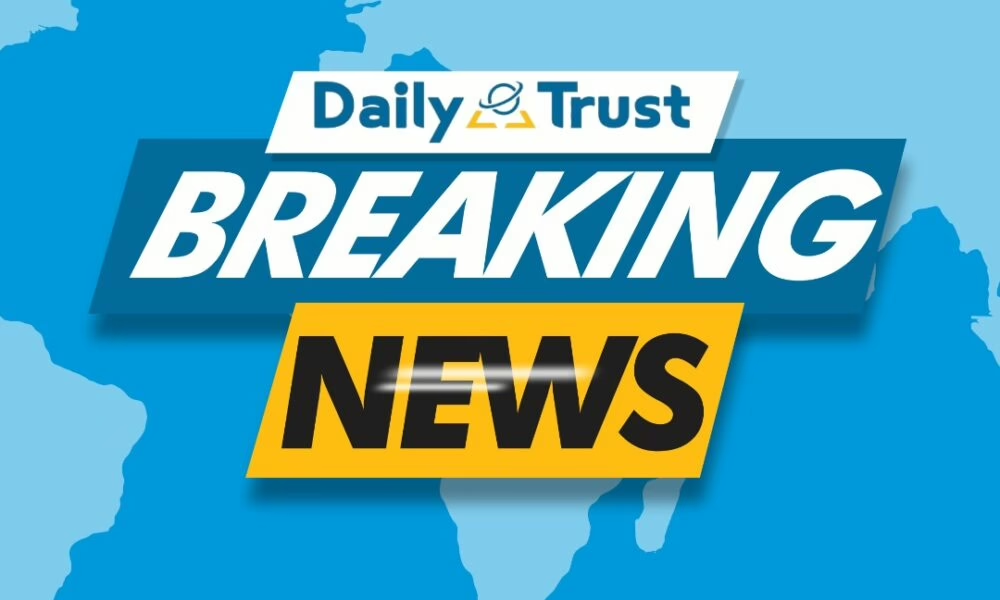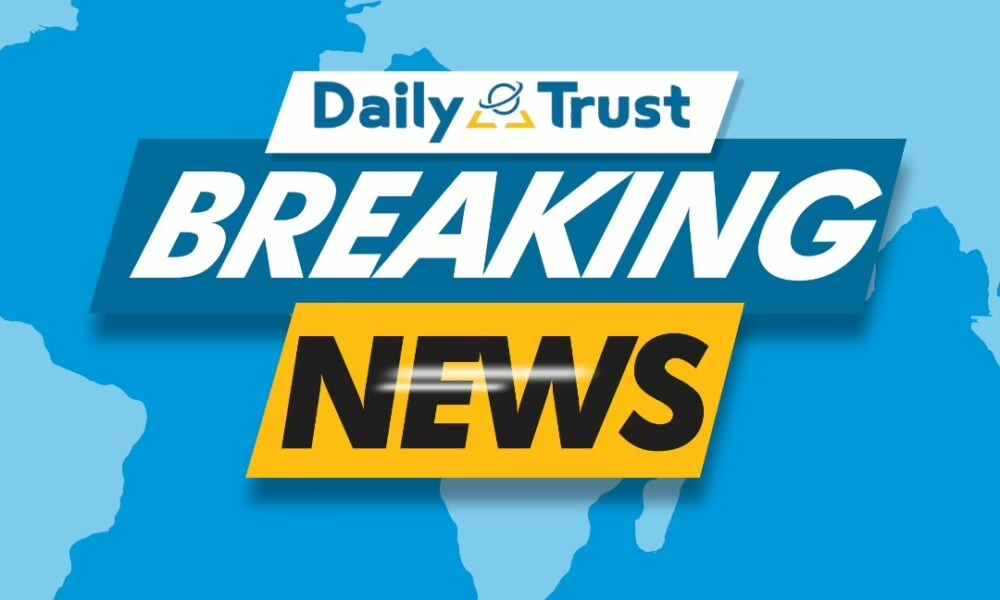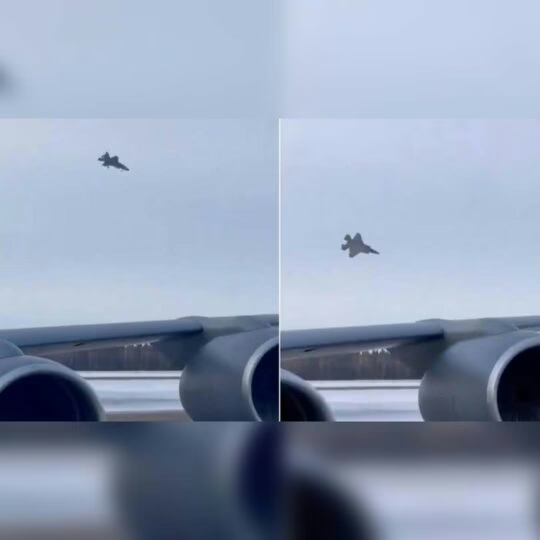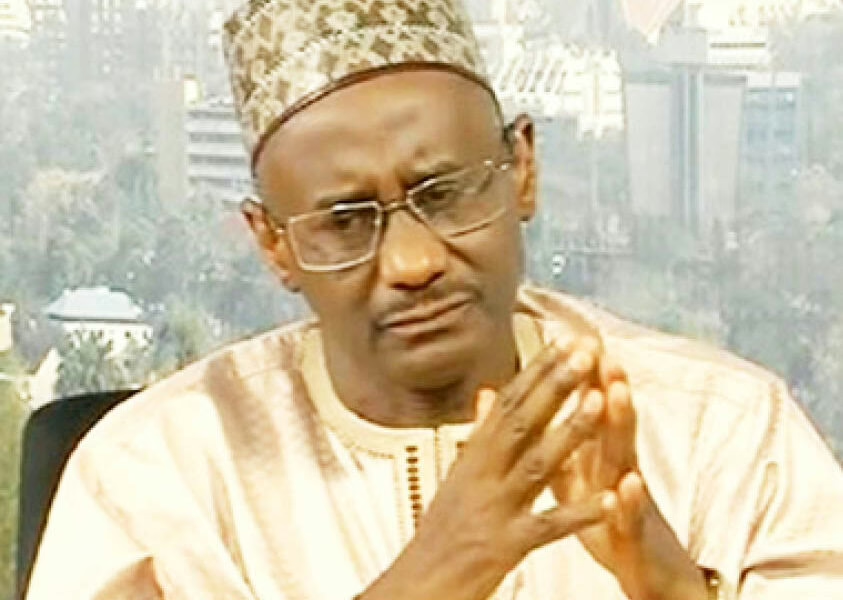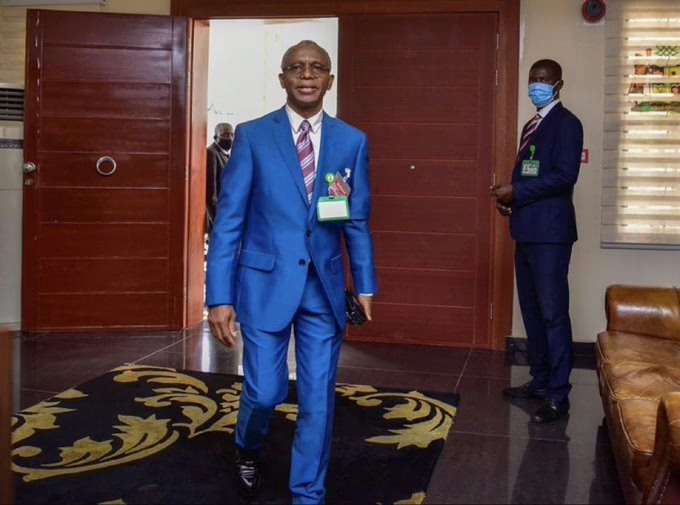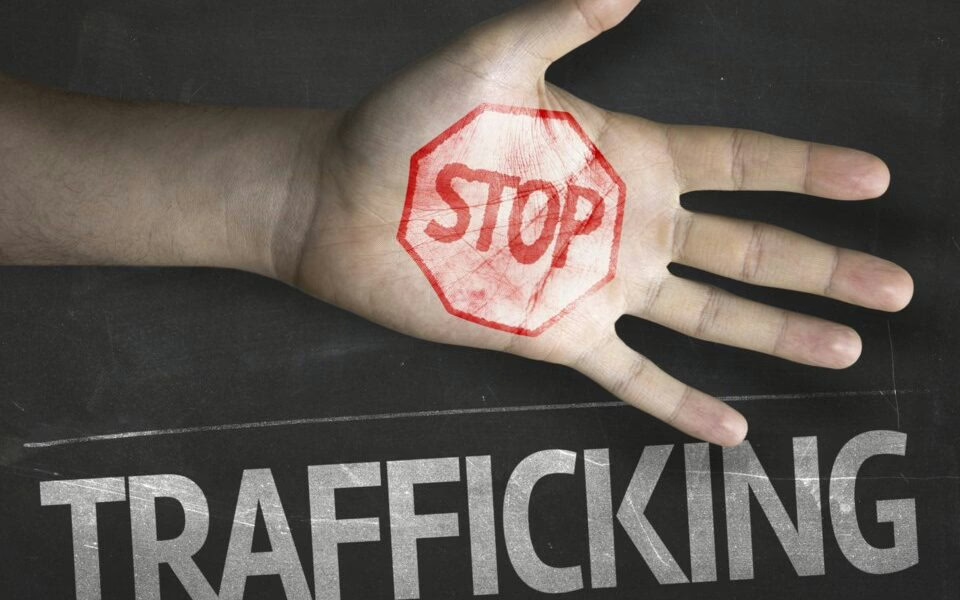- ….as Macron, Guterres call for new world financial order
From Juliana Taiwo-Obalonye, Paris
President Bola Tinubu joined other world leaders on Thursday at Palais Brongniart, the venue for the New Global Financial Pact Summit in Paris-France, holding from June 22 to 23, 2023.
The world leaders are meeting to build a consensus for redesigning the global financial architecture, which will favour poverty reduction, debt restructuring or cancellation, and more consideration for vulnerable countries affected by climate change and COVID-19.
Tinubu, who arrived at the venue of the event, at 8.59 am (Local Time) for the opening ceremony of the High-Level Summit for New Global Financial Pact, was received by French Minister of Europe and Foreign Affairs Catherine Colonna.
More than 300 high-level participants, Heads of State and Government, international organizations and representatives of civil society and the private sector ate in Paris for the Summit which is to lay the groundwork for a renewed financial system suited to the common challenges of the 21st century, such as fighting inequalities and climate change and protecting biodiversity.
As part of his efforts to revamp the global lending system, French President Emmanuel Macron called on international leaders to unite in Paris for a crucial meeting.
In his welcome address, Macron said the Summit would focus on drawing up a new financial order that will scale up finances and support developing countries for energy transition, and poverty reduction while respecting the sovereignty of each nation.
He noted that African countries had been at the receiving end of the major global challenges, with debt hangovers that hamper growth and development.
“COVID-19 pandemic brought lots of difficulties and now we are faced with the war in Ukraine that has been draining resources that should be channelled into human development,” he said.
The French President told the leaders from 50 countries, multilateral institutions and the private sector that justice and fairness must be imperative in redesigning the new world financial architecture, with more focus on the most vulnerable.
He listed four elements for consideration by the leaders, starting with an acknowledgement that reducing poverty would require collective efforts, with a more diverse and comprehensive framework.
“We must admit that no country can succeed alone in reducing poverty and protecting the planet,” he added.
Macron said the framework should be relevant to each country, and subregional roles included, with clear responsibilities and benefits, while multilateral institutions like the International Monetary Fund and World Bank must be re-engineered to be more people and solutions driven.
He also noted that the private sector must be carried along in the new pact that seeks to harmonise growth, as they control most of the financial instruments that need to be liquified for more even development, especially on health, education and food security.
On behalf of the African countries, the President of Niger Republic, Mohammed Bazoum, said the new pact must be “urgent” and “essential” to Africa, and the framework should be “just” and “robust” in reflecting the reality of developing countries as partners.
Bazoum said the challenges of impoverishment and desertification had stimulated unrest in most countries, affecting peace and stability in sub-regions and the continent.
“In Africa, we need support for infrastructure, health, food security and education,” he stated.
UN Secretary-General Antonio Guterres told the gathering of leaders that the high-level summit would need more mobilisation and political will for redesign and implementation.
The UN scribe said many countries were still struggling from the effects of COVID-19 and climate change, and the war in Ukraine had heightened suffering.
Guterres said some African countries had been unable to service their debts, with indications that generations might be affected.
“African countries,” he said, “were not properly captured in the global order.”
He said the new global financial pact must address fragmentations and frustrations, and enable the kind of change that encourages debt relief, suspension of repayments, change of business models and more commitment from development banks, with guarantees.
He said leaders must look beyond reforms, and accept the need for transformation.
“We are at a moment of truth and reckoning, and we can make it a moment of hope,” Guterres said.
Climate Activist Vanessa Nakate, from Uganda, who called for a moment of silence for the helpless and hopeless across the world, said broken promises cost the lives of many in developing nations.
Noting that “people around the world already suffering, starving, being displaced, dropping out of school, being forced into child marriages…
She said what is happening to the people is that they are losing their cultures and history, those who are already helpless, hopeless and dying due to the devastating impacts of the climate crisis.
According to her “Development isn’t of millions of people dying from breathing toxic air. Development isn’t millions of people being pushed to the brink of starvation due to drought.
“Development isn’t people in small island communities having their lives and cultures ripped apart by storms. Development does not require #FossilFuels. Development requires clean energy.”
Vanessa asked the leaders to take a moment and think of all of the people suffering due to the Climate crisis.
She also reminded the leaders of the World Health Organisation of warnings that toxic air kills 7 million people every year.
“We must stop funding pollution of our climate, our planet, our health.”
The presidents and leaders of multilateral institutions and the private sector at the summit went into syndicate sessions to discuss the new financial architecture.
In a statement, Special Adviser to the President Special Duties, Communication and Strategy, Dele Alake, Tinubu will on Friday participate at the summit, which will unveil a New Global Financial Pact and mechanism for implementation.


